Protest music: A lost art?
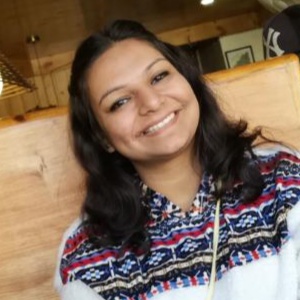
2019 has been a year of unrest. People all around the world from Hong Kong to Chile, from France to India took to the streets to raise their voices against tyranny. All these protests have one thing in common – Protest Songs. We can hear people in the streets singing Bella Ciao, A rapist in your way, Hum Dekhenge, Hum Kagaz Nahi Dikhayenge, Get Up Stand Up, and our very own, the Azadi song.
Music is the language of the soul. It is a language of heart, transcending the barriers of words. It appeals to everyone and that is why music is one of the strongest forms of expression. Music binds people together much tighter than a speech ever will. Its power does not lie in what you hear, but what it makes you feel. When we hear the Bengali version of ‘A rapist in your way’ on the streets of Kolkata, we can feel the global subjugation of women and their resistance to it.
India has a very rich culture that is deeply rooted in music. Cultural activism is always one of the most effective tools to mobilize people into making a social change.
The political and social environment in India is more tumultuous than ever before, but sadly protest music is nowhere to be found in the mainstream music industry. Perhaps our musicians are too devoted to making music for commercial success, which has hardly any place to talk about ongoing issues in the country. But while our popular musicians are busy hiding behind the big leaf of commercial success, many underground artists are becoming the voice of people who are crippled by the current situations.
Unsung heroes
Roushan Ilahi
Roushan Ilahi or better known by his stage name MC Kash is a rapper from Indian administered Kashmir. He presents the grim picture of ever-growing bloodshed in the valley. He is known as the ‘Street Poet’. Through songs like Heart of a Rebel, Take it in Blood, Listen My Brother, he portrays the daily hardships of people living in the valley. His song ‘I Protest’ became the anthem of dissent during the 2010 Kashmir unrest.
Taru Dalmia
Taru Dalmia is a reggae musician, poet, and activist. He goes by the stage name Delhi Sultanate. He is the lead singer of a band called Ska vengers. He believes that in times of despair, music gives hope. He travels with his self made sound system to spread the magic of protest music. Taru Dalmia is also a part of the Word Sound Power collective co-founded with American music producer Chris McGuinness. The duo collaborates with South Asian artists on issues of social justice and helps to bring in light their concerns.
Rahul Ram
Rahul Ram born, in a South Indian family is the lead guitarist of the band the Indian Ocean. He became active in political music during Narmada Bachao Andolan. He is also a part of Aisi Taisi Democracy, a political satirical group featuring Varun Grover and Sanjay Rajoura. The trio deliciously cooks grave issues in humor with a seasoning of a satirical song by Rahul Ram. He has also delivered a TED Talk on ‘Contemporary Protest Music in India’, talking about rural and urban protest music in India.
Playlist of protest music in the USA
The history of using protest music as an expression of resistance dates back to the foundation of America. Songs like Yankee Doodle had simple tune and lyrics so that they were easy to spread through oral tradition.
With the rise of electrical sound recording in the 1920s musicians were able to make songs with more complex compositions and lyrics. One good example of this is ‘Strange Fruit’ by Billie Holiday. This song is a protest song against racism and horrid lynchings of African Americans in the 1930s in some southern states of the USA. The lyrics of the song are gloomy as they compare the dead bodies of African Americans to a strange fruit hanging on the trees.
"Southern trees bear a strange fruit
Blood on the leaves and blood at the root
Black bodies swinging' in the Southern breeze
Strange fruit hanging' from the poplar trees"
After world war 2, folk music again became popular. Songs like This land is your land by Woody Guthrie were on the lips of Americans. Woody Guthrie inspired musicians like Bob Dylan in the 1960s. Although Bob Dylan had never been overtly political, his songs like The times they are a’changin, Masters of war carried a unifying message and had become hymns for civil rights activists and Vietnam war protesters. John Lennon’s Give peace a chance also became an anthem for anti-war protests.
In the 1980-90s, focus of protests shifted to class struggle and racism. Hip hop gained notoriety due to groups like Public Enemy and tracks like Fuck the police by NWA which dealt with police brutality and the sufferings of black people. The era also gave rise to feminist movement Riot Grrrls which included all women punk rock bands L7, Bikini Kill.
After the election of President Barack Obama, protest music took a turn and became more empowering and compassionate. Kendrick Lamar’s Alright was at the heart of the Black Lives Matter movement. With social media, this change became more evident during Trump’s Presidency with songs like Quiet by Milck winning hearts of people.
Some voices of agonized: Palestine
Music has always been an important weapon of cultural resistance in Palestine. Dissent, resistance, and oppression have been associated with Palestinian music ever since the forced expulsion of Palestinians from their villages in 1948. Some Palestinian musicians love to protest through the power of their lyrics.
DAM
DAM is a leading Palestinian Hip Hop crew. DAM means eternity in Arabic and blood in the Hebrew language. It is also an acronym for Da Arab MCs in English. With political songs like ‘Who’s a terrorist?’ DAM voices the sufferings of common Palestinians with thought-provoking lyrics. They also rap about issues like poverty, drug abuse and sexism in songs like Freedom for my sister, Who_You_R. They want to send a ‘message of Justice’ to the world through their songs
The Hammer Brothers
The Hammer Brothers were founded by real brothers Mustafa and Omasik in the late 1990s. They address issues of racial discrimination with Arabs in the USA. Their most popular song Free Palestine expresses solidarity with Palestinians in the Occupied territories.
Apart from the many other groups like R.F.M, rap trio based in Gaza, Palestinian Rappers or simply PR are also producing protest music.
Protest Music is making the world aware of misery and distress but at the same time sending messages to unite against tyranny, raising voice against fascism and oppression and liberating people from visible as well as invisible prisons.
Featured Image Credits: Wikimedia


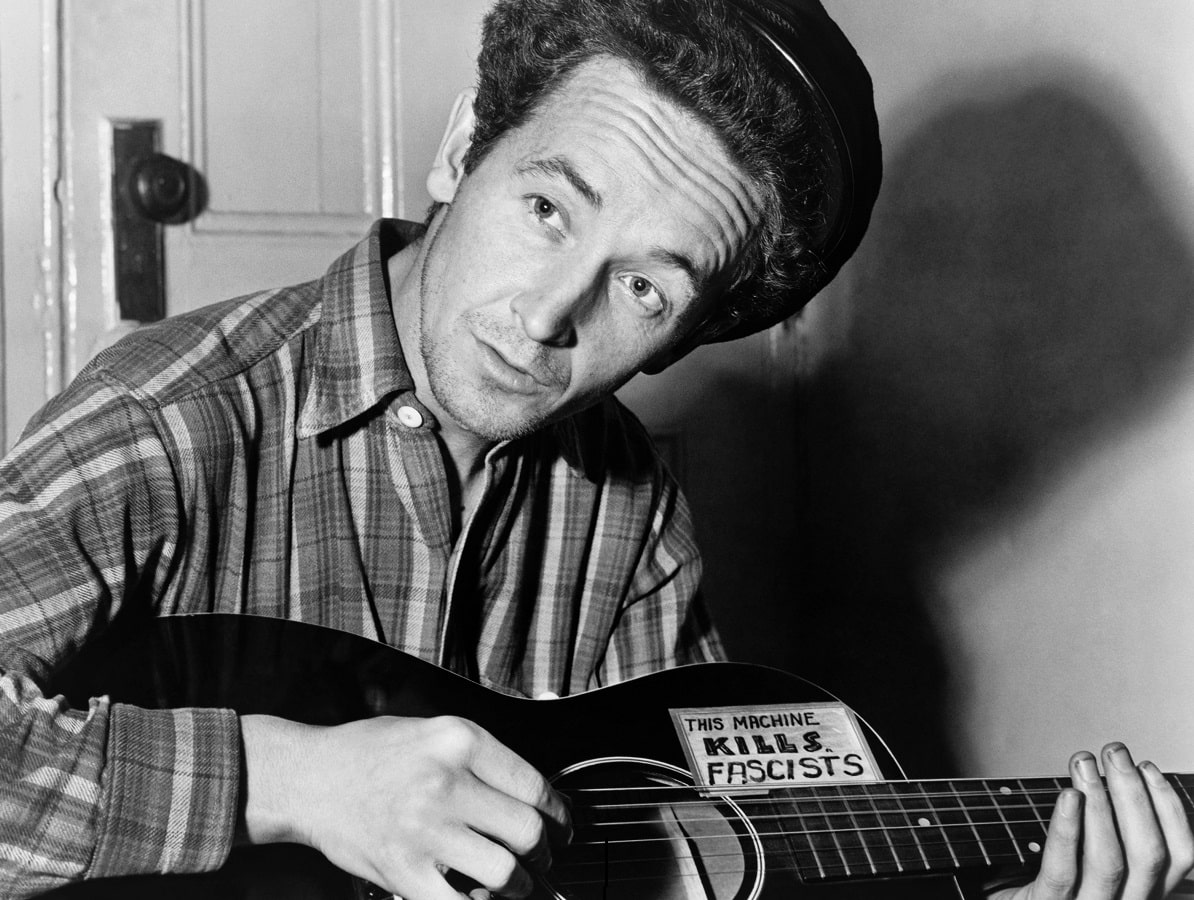
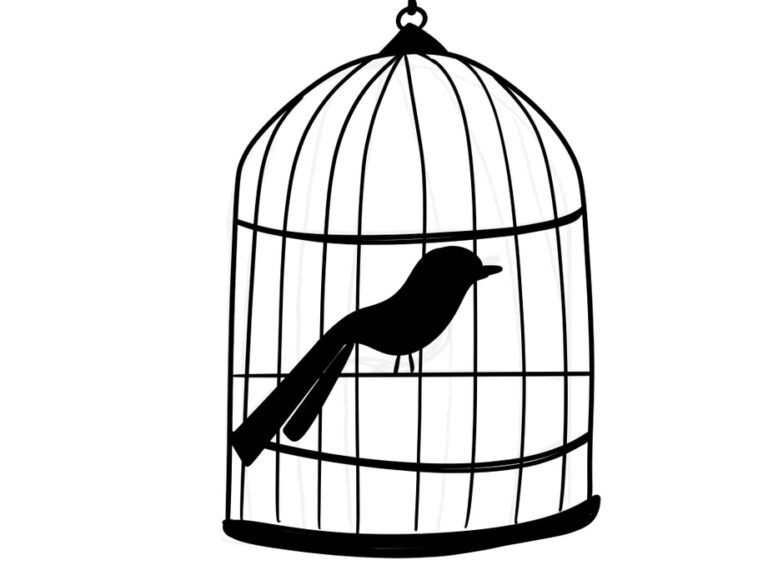
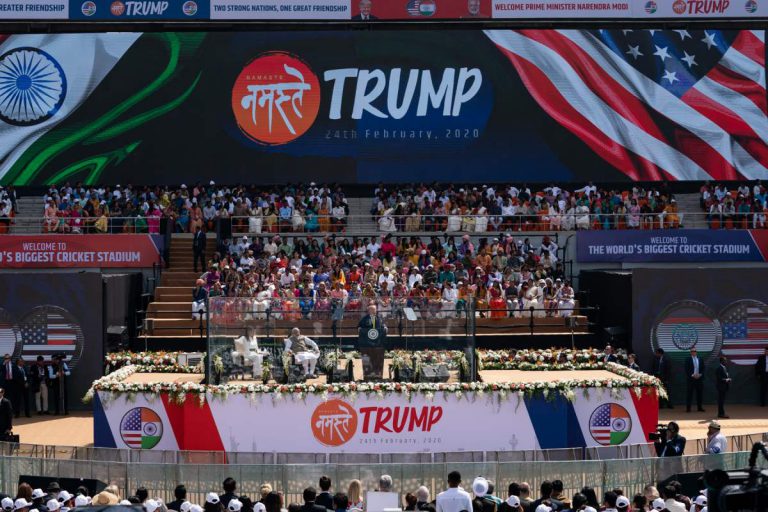
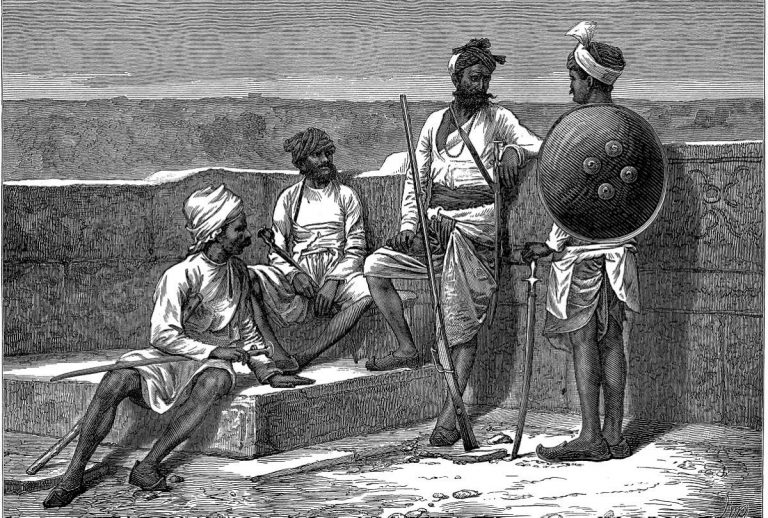
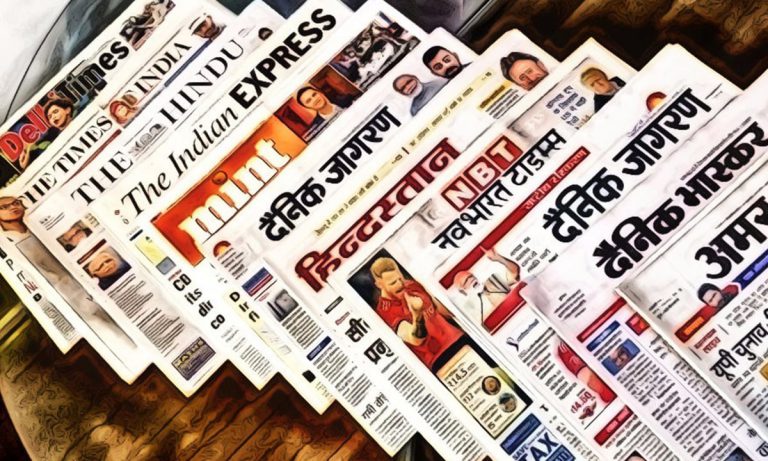
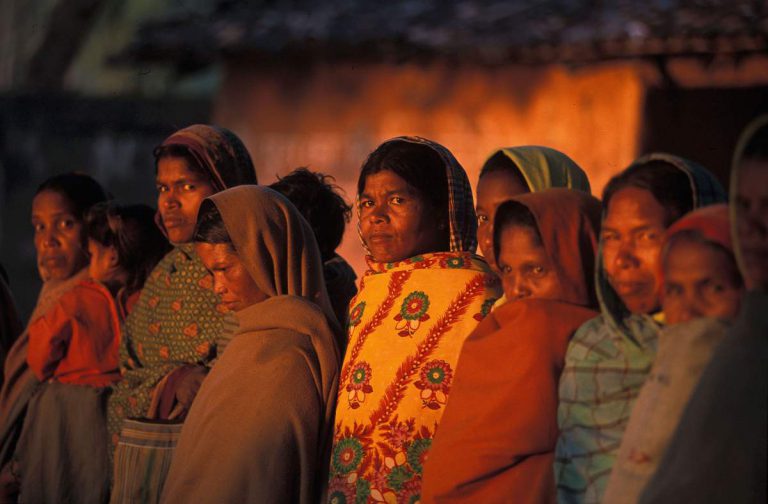
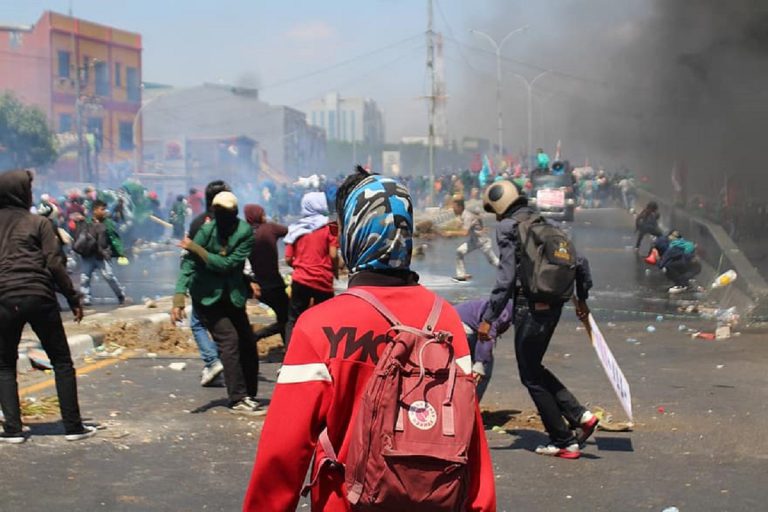
Readers' Reviews (4 replies)